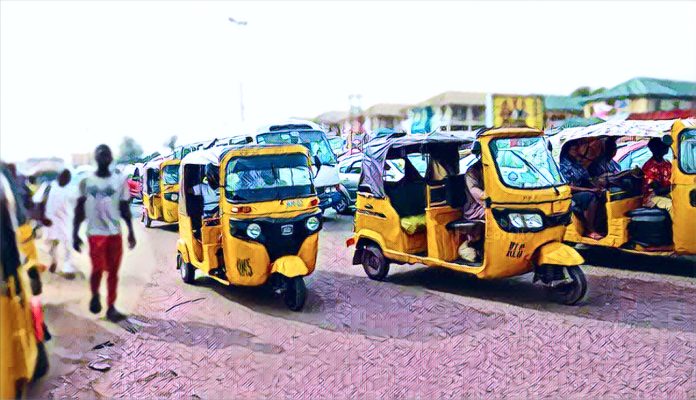The Minister of the Federal Capital Territory (FCT), Nyesom Wike, has announced his intention to ban commercial tricycle operations and introduce new buses and taxis for public transportation in Abuja. The minister said the move was aimed at ensuring maximum security for residents, as some of the tricycle operators were agents of criminals.
According to the minister, the FCT Administration will roll out the buses and taxis in December, which will ply designated routes in the city and its satellite towns. He said the new transport system would not only be safer but also more comfortable, efficient and affordable for commuters.
The minister explained that he could not take action against the tricycle operators without providing an alternative, as they were struggling to make a living. He, however, said he had a duty to protect the people who were doing genuine business in the city. He urged the tricycle operators to move to the rural areas, where they would not pose a security threat or cause traffic congestion.
The minister also said that the development would address the problem of “one chance” operators, who rob unsuspecting passengers in tricycles or taxis. He said he had received several complaints from victims of such crimes, and assured them that the FCT Administration was working to curb the menace.
The minister’s plan to ban tricycles and introduce new buses and taxis is in line with the FCT Transport Policy, which was launched in 2013 to improve the public transport system in the capital city. The policy also aims to implement the Abuja Master Plan, which envisages a modern and integrated transport system that includes light rail, metro, bus rapid transit and bicycle lanes.
The FCT Transport Policy is also in sync with the National Transport Policy, which was approved by the Federal Executive Council in 2020. The national policy seeks to provide a framework for the development, management and regulation of the transport sector in Nigeria. It also aims to promote intermodal and multimodal transport systems, as well as reduce greenhouse gas emissions and environmental pollution.
The minister’s plan to ban tricycles and introduce new buses and taxis has been met with mixed reactions from the residents of Abuja. While some have welcomed the initiative as a positive step towards improving the transport system and enhancing security, others have expressed concerns about the affordability, availability and accessibility of the new buses and taxis. Some have also questioned the fate of the thousands of tricycle operators who depend on the business for their livelihood.
The minister has, however, assured the residents that the FCT Administration will ensure that the new transport system is well-managed and regulated and that it will cater for the needs and interests of all stakeholders. He said the FCT Administration will also provide adequate transport infrastructure, such as terminals, bus stops, parking lots and traffic lights, to support the smooth operation of the new buses and taxis.
The minister has also appealed to the residents to cooperate with the FCT Administration and support the implementation of the new transport system, which he said will benefit the city and its people in the long run. He said the FCT Administration will continue to work hard to make Abuja a safe, comfortable and attractive place to live, work and visit.
Source: Business Day



